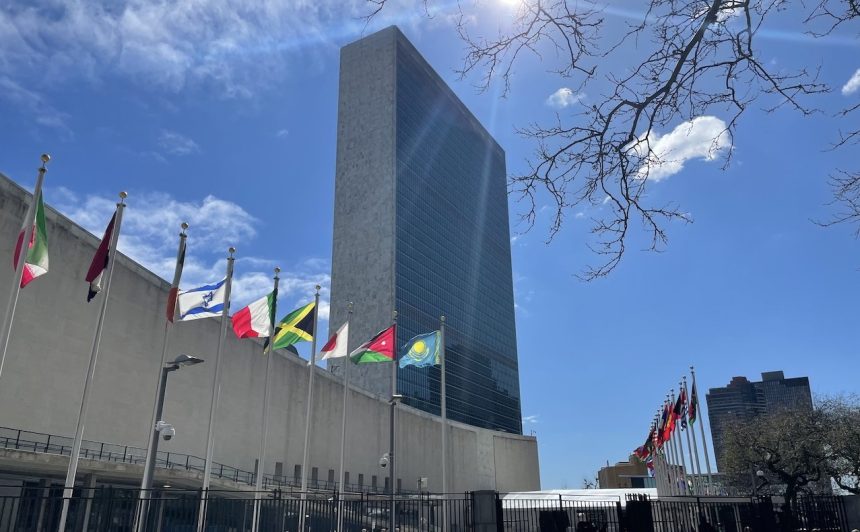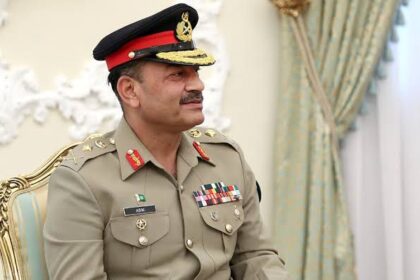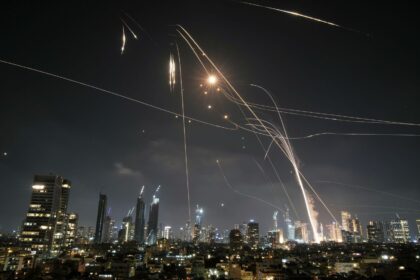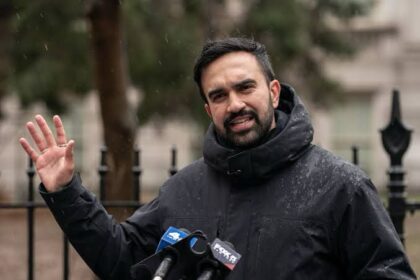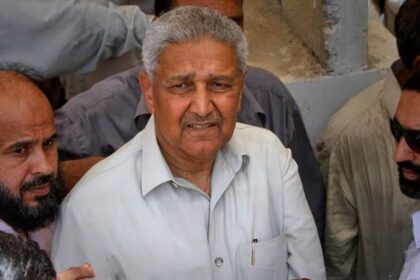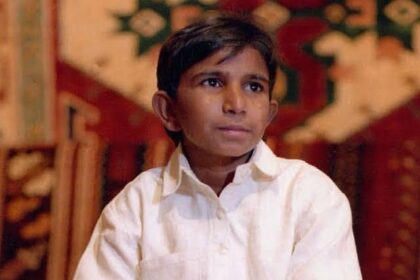Pakistan’s Permanent Representative to UN Ambassador Munir Akram again highlighted how the pursuit of regional dominance by a ‘major power’ has hampered the progress of the South Asian Association for Regional Cooperation (SAARC), an intergovernmental regional organization and geopolitical union of states.
During a spirited debate at the UN Security Council, chaired by Russia, he reaffirmed Pakistan’s commitment to increase cooperation between the intergovernmental body and regional organizations to foster global peace and security. In the same breath, he advocated for a balanced regional cooperation and said that no single nation should hold sway over global platforms. “We must strive for a collective vision that benefits everyone,” he said, stressing that national interests should not derail the momentum toward regional integration.
The envoy took the opportunity to highlight the ‘large’ country’s longstanding quest for regional dominance, and noted that this drive for hegemony had always blocked regional cooperation through the South Asian Association for Regional Cooperation, an organization that aims to bring prosperity to South Asia. Ever since its establishment in 1985, he said that SAARC had faced significant hurdles due to India’s obstructionist stance. He underscored that regional integration was the next phase of global relations development, especially in areas like trade and industry.
He commended the Collective Security Treaty Organization, the Shanghai Cooperation Organization and the Commonwealth of Independent States for the role they had been playing. He used the occasion to highlight the immense promise and potential of the Shanghai, saying it’s members included some of the world’s largest emerging economies, and that they could boost regional cooperation, trade and investment.
He said that the Collective Security Treaty Organization could also boost connectivity between the East and the West. He spoke about the flagship China-Pakistan Economic Corridor (CPEC) project, and said that Pakistan wanted to expand the effort, including to Afghanistan, in order to maximize the investment potential.
He expressed Pakistan’s belief that organizations like the African Union, ASEAN and the Economic Cooperation Organization, Arab League and the Organization of Islamic Cooperation (OIC) needed to work towards global integration. He applauded the creation of the Trilateral Commission consisting of the African Union, the Arab League and the Organization of Islamic Cooperation. He emphasized that those regional and inter-regional initiatives, in partnership with the UN, were crucial for fostering cooperation and understanding among various regions, and said that they would ultimately lead to global harmony and development.
Outlining a framework for regional integration, the ambassador said it should include points like adhering to the UN Charter’s purposes and principles; respecting state sovereignty and territorial integrity; and preventing any state from dominating regional organizations. He stressed that regional cooperation was needed to uplift less-developed economies and help them achieve their full potential. He said that such a cooperation was also needed to help them achieve not just the Sustainable Development Goals but also climate objectives.
About other points of the framework, he said it was important to ensure equity as well as non-discrimination for member states in the integration process. He said that focusing on connectivity projects and sustainable infrastructure was the key to increase integration, boost investment, promote trade and ensure development. Lastly, he said it was also important to boost digital integration and cooperation so that regional collaboration and investment could be accelerated. He concluded by reaffirming Pakistan’s dedication to the objectives, and hoped for continued partnership with the UN and all regional and cross-regional partners.




